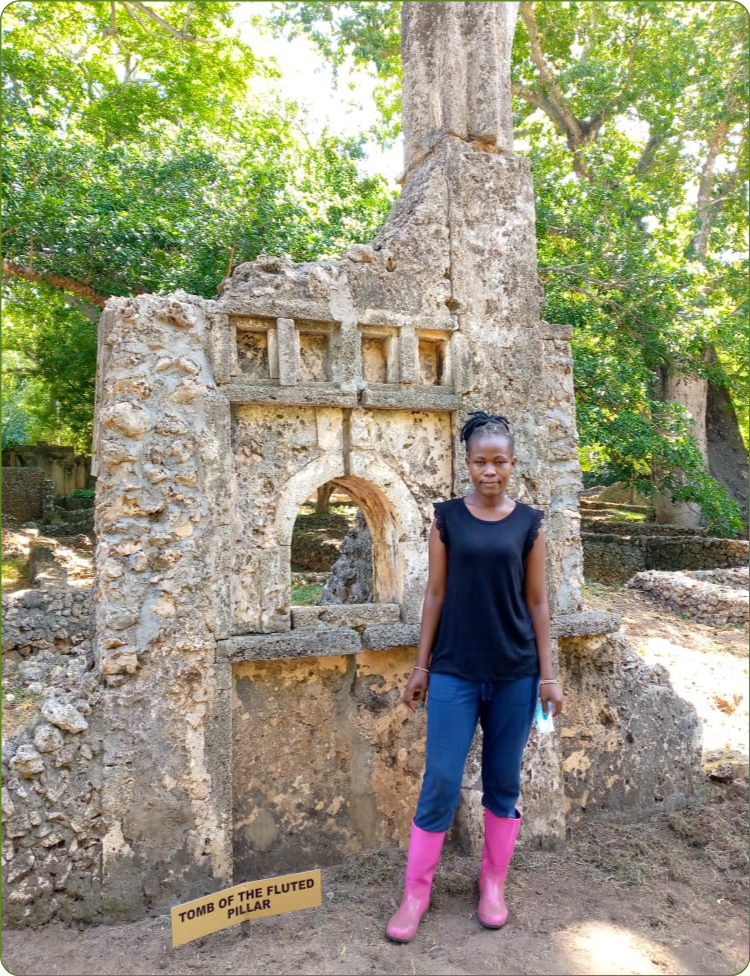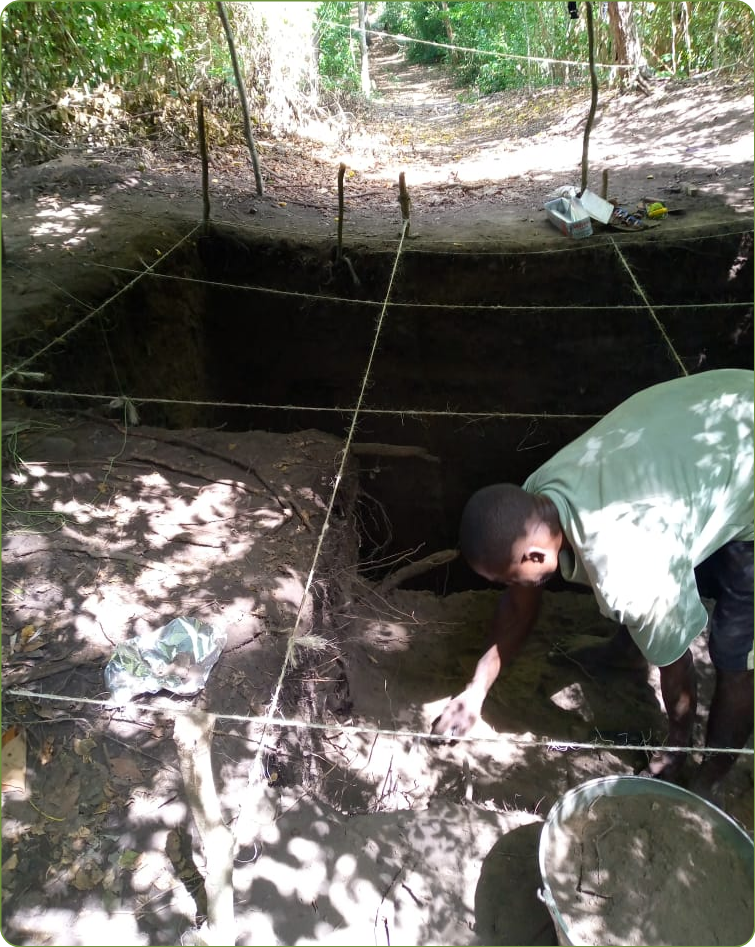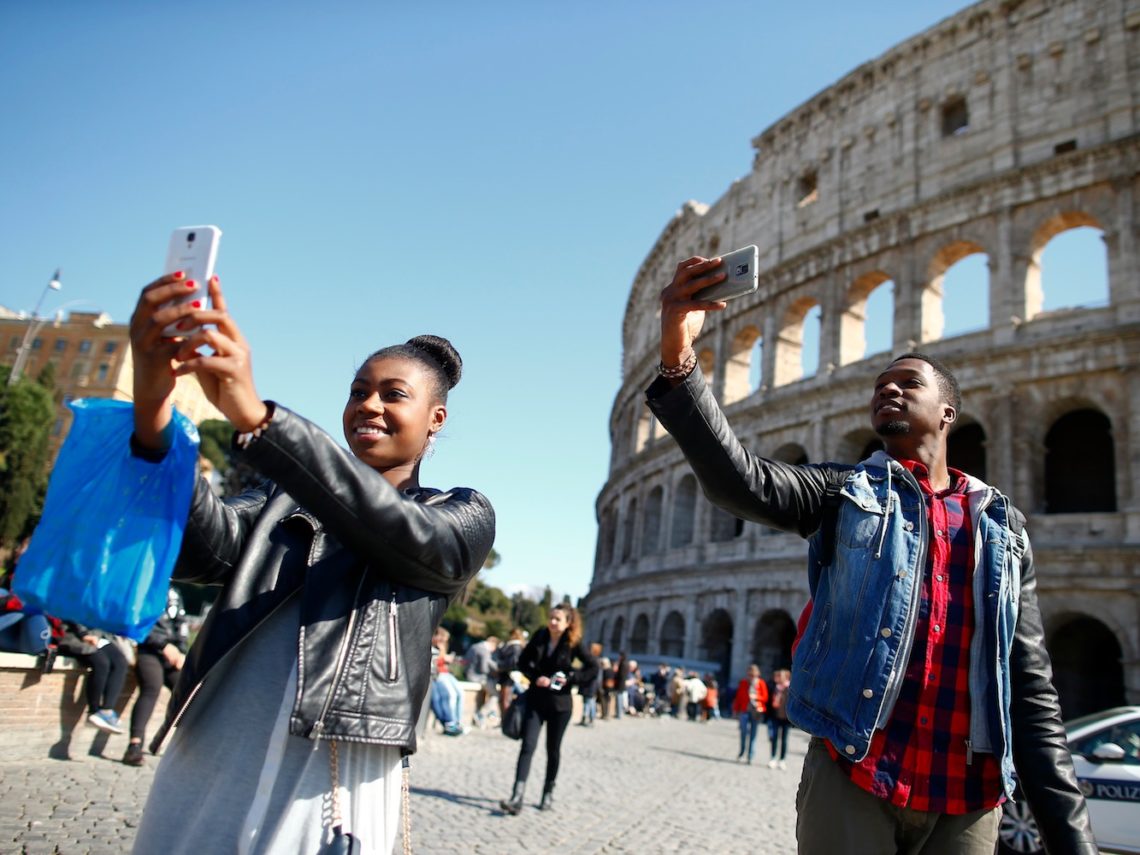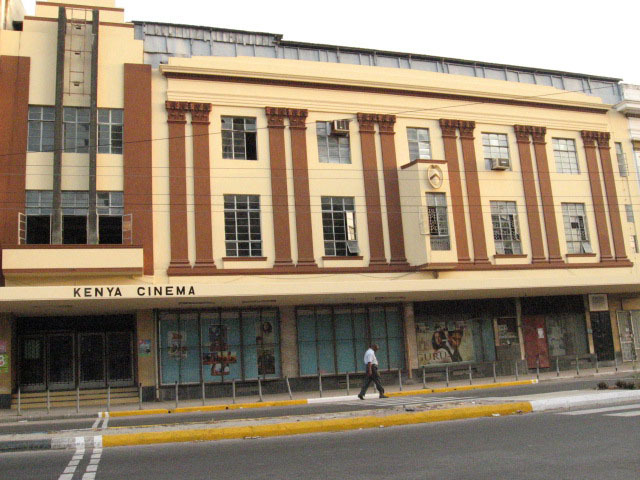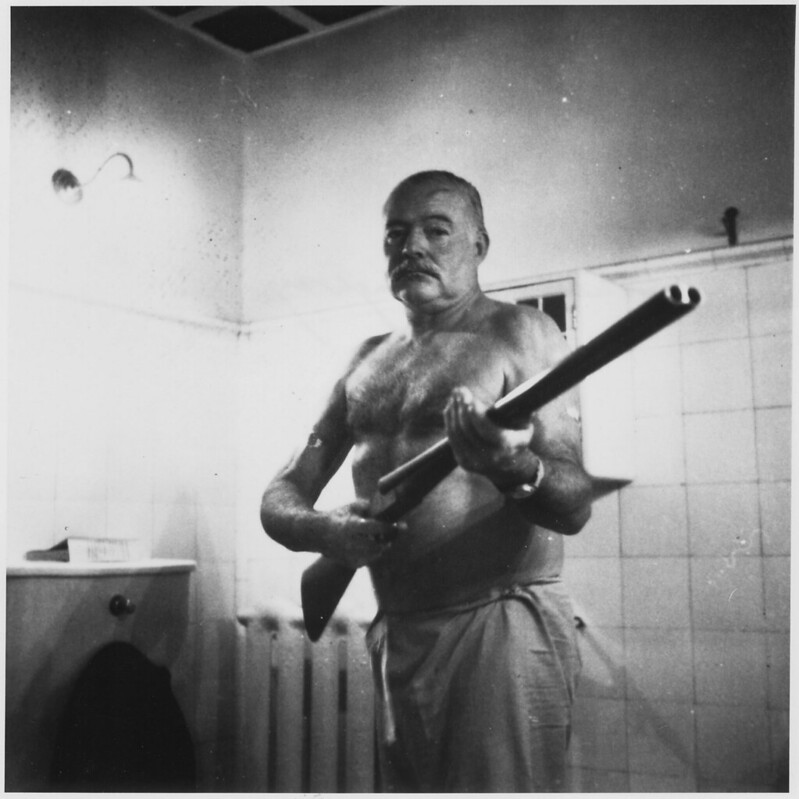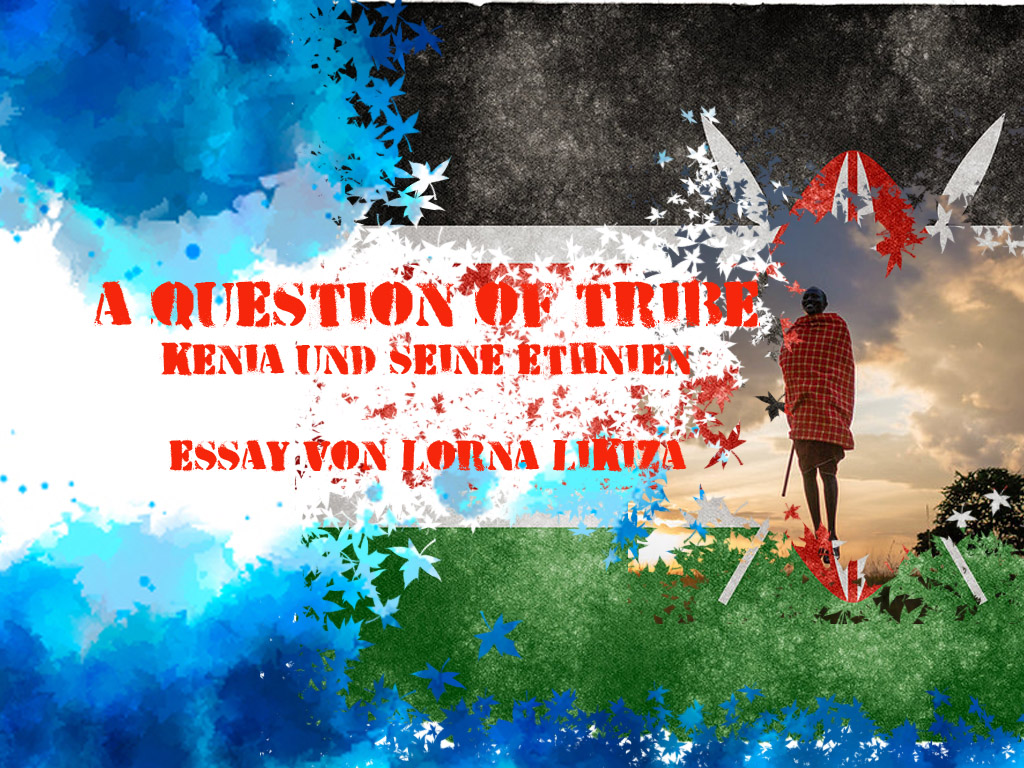-
Gede Ruins: Digging through History Part 2 – Historische Grabungen in Gede/Kenia teil 2
We will go as deep as possible until we cannot recover any artefact. Prof. Kusimba informs. And even as they dig, there is still no evidence of any Arab presence in Gede, contrary to popular and persistent belief.
-
Gede Ruins – Digging through History – Ausgrabungen in Gede/Kenia
In two parts, Lorna Likiza explores the remains of an ancient Swahili City at the Kenyan Coast, with a focus on the ongoing archaeological project at the historical site, being carried out by Prof. Chapurukha Kusimba.
-
Travelling While Black – Nanjala Nyabola’s Book as an Insta Live Discussion engl/ger
To add salt to injury, the discussion of the termini for African travelers being on the furthest end in airports and the stark difference in business classes in airplanes flying to Africa when compared to those whose destinations are overseas was equally raised on this IG Live. The last chapter in Nyabola’s book which Arunga pointed out is titled Small Acts Of Resistance. The chapter actually challenges the reader to consider what they can do in their own small capacities to solve some issues such as pollution and exploitation among others.
-
How Indian cinema shaped East Africa’s urban culture -Indien und Ostafrika – eine Filmbeziehung
Die 60er, 70er und 80er Jahre werden oft als das Goldene Zeitalter des indischen Kinos bezeichnet und in Nairobi, Mombasa und Kisumu gab es eine große Anzahl von Kinos, die sich der Vorführung von Filmen aus Bombay widmeten.Der ostafrikanisch-asiatische Einfluss auf die Kinokultur in der Region wird nicht oft erkannt, auch wenn indische Filme über Jahrzehnte Landschaften, Mode, populäre Bilder und Musikgenres prägten. Von Nairobi über Kampala bis Sansibar vermittelten indische Filme Wissen, vereinten Familien und boten vielen Träume und Fluchten, vor allem in den 60er, 70er und 80er Jahren, einer Zeit, die als das goldene Zeitalter der indischen Kinokultur in der Region gilt. The 60s, 70s, and 80s are often described as the Golden Age of Indian cinema…
-
When Hakuna Matata becomes a phrase in English – Und Disney afrikanische Traditionen kauft
Essay by Lorna Likiza I visited Tanzania and Zanzibar in my last year of primary school on an organized school trip. It was in Zanzibar, touring the baths of the Sultan, his wives and concubines, that I decided I wanted to pursue a travel related course in university. I was 13 years old at the time. Eight years later, I enrolled at the University of Nairobi for my studies. As a Kenyan, I had grown up being aware of the Kenyan tourism sector and its significance to our economy. I knew that the rest of the world also knew about our big game and the Maasai tribe. As a matter of fact, I reveled in the fact that…
-
A Question of Tribe – Kenya und seine Ethnien/ and its tribes
It starts with us encouraging our children to genuinely embrace each other regardless of tribe. It starts with that Kenyan in a voting booth ticking besides a candidate’s name and political party not because they speak the same vernacular language and come from the same place but because their track record is one of integrity. It starts with Swahili being used in situations where the vernacular language would have been the chosen pick because we are conscious that a minority in our midst may not understand our mother tongue. It starts with us totally dropping stereotypical views of different tribes and having the courage to shun nepotism when our position tempts us to lean on it.

